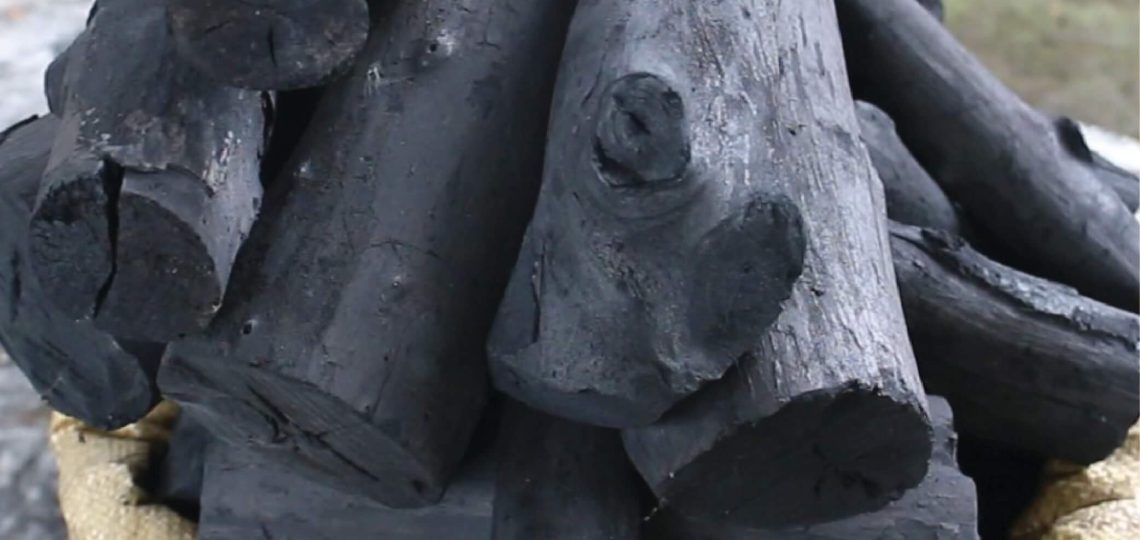
Unveiling the Global Market: Hardwood Charcoal Export
In recent years, the international trade of hardwood charcoal has seen a significant surge, reflecting a growing global demand for this versatile and eco-friendly fuel source. Hardwood charcoal, known for its high calorific value, low ash content, and long-lasting burn, has become a sought-after commodity in various industries and households worldwide. This post delves into the dynamics of hardwood charcoal export, exploring its market trends, economic impact, and sustainability.

Market Trends: Hardwood charcoal has witnessed a steady rise in demand, with its applications extending beyond domestic use for grilling and barbecuing. The global market has expanded to include industrial sectors such as metallurgy, pharmaceuticals, and activated carbon production. This shift in demand has given rise to a flourishing trade ecosystem, connecting producers from hardwood-rich regions to consumers across the globe.
Top Exporting Countries: Several countries have emerged as key players in the hardwood charcoal export market. Nations abundant in hardwood resources, such as Nigeria, Brazil, and Indonesia, have become major exporters. These countries leverage their rich biodiversity to produce high-quality charcoal, meeting the diverse needs of their international clientele.
Economic Impact: The export of hardwood charcoal contributes significantly to the economic development of exporting nations. The industry provides employment opportunities, stimulates rural economies, and fosters sustainable forestry practices. Additionally, the revenue generated from hardwood charcoal export contributes to national GDP, creating a positive economic ripple effect.
Sustainability and Environmental Considerations: As the global focus on sustainability intensifies, the hardwood charcoal industry faces challenges related to deforestation and environmental impact. Responsible forestry practices, reforestation initiatives, and certifications like Forest Stewardship Council (FSC) are becoming increasingly important to ensure the long-term viability of the industry. Balancing economic interests with environmental responsibility is crucial for the sustained growth of hardwood charcoal exports.
Regulatory Compliance: Given the environmental concerns associated with charcoal production, regulatory bodies are implementing stricter standards to promote sustainable practices. Exporting countries and producers are encouraged to adhere to these regulations, fostering transparency and accountability within the industry.
Conclusion
The hardwood charcoal export market presents both opportunities and challenges in a global context. As demand continues to rise, it becomes imperative for stakeholders to adopt sustainable practices, ensuring the longevity of this valuable trade. With a delicate balance between economic growth and environmental conservation, the hardwood charcoal export industry can contribute positively to both local economies and the global marketplace.